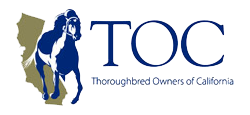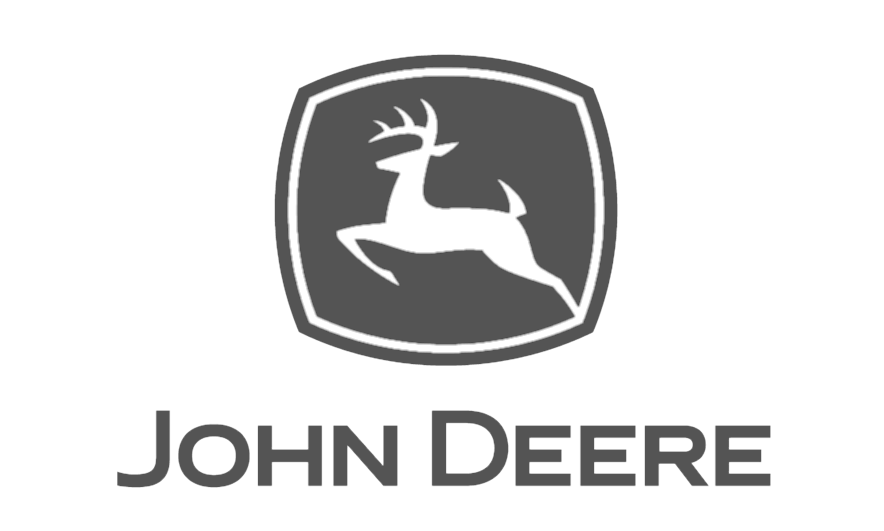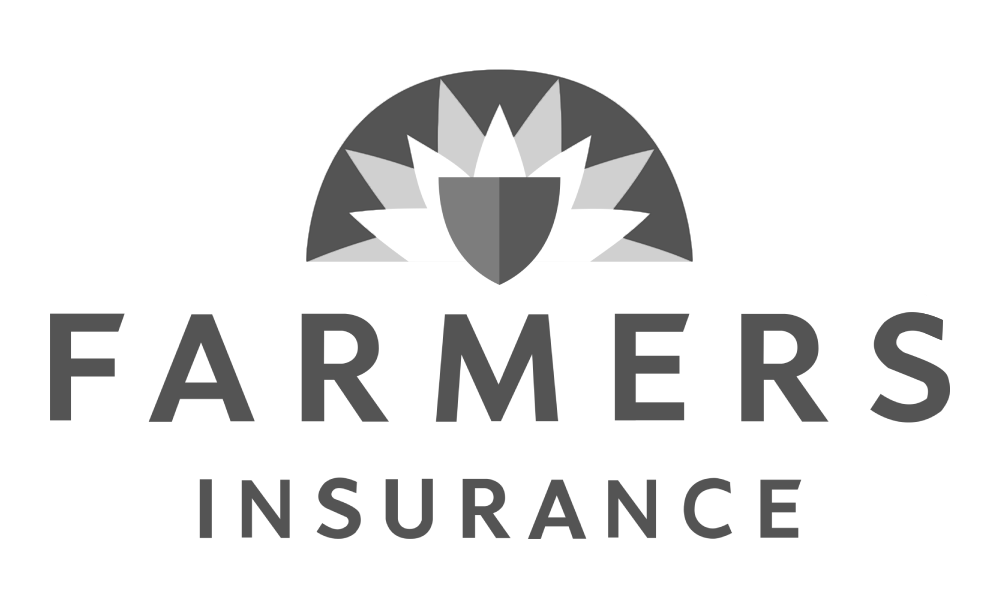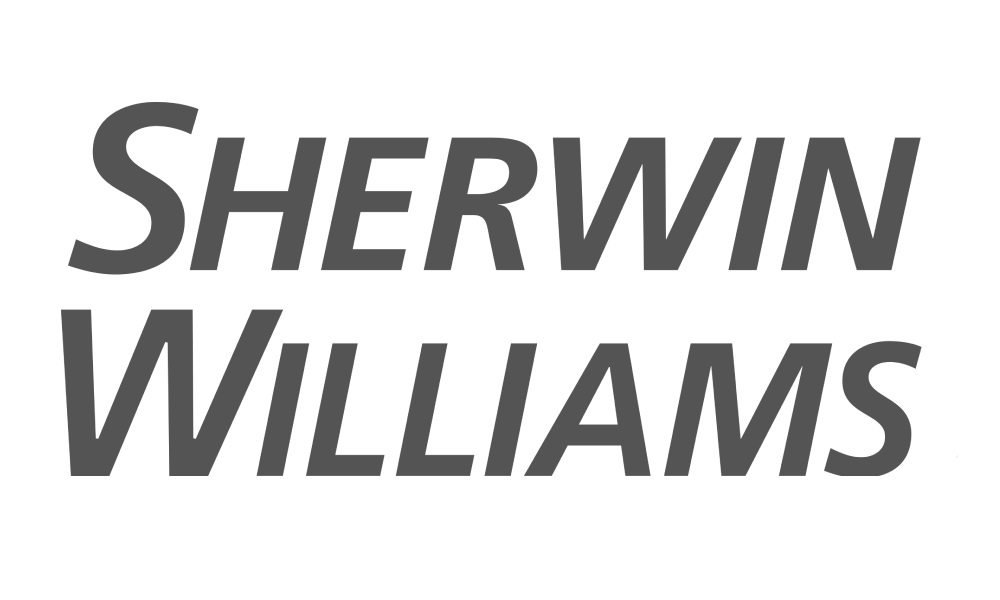Form a Trust to Fund Your Stable
By Marc Pavlic
Yes, a trust does exist that is doubly advantageous to owners wishing to devote some of their hard-earned assets to their racing stables, while simultaneously receiving a tax deduction. Trusts can help you provide security for your family after death, avoid probate, make gifts to charity, and even create cash flow to help you pursue your passions, including the operation of your racing stable!
Yes, a trust does exist that is doubly advantageous to owners wishing to devote some of their hard-earned assets to their racing stables, while simultaneously receiving a tax deduction. Sound too good to be true? Are your ears pricked? Then carefully read on, as the charitable remainder trust can be used to keep your ponies in hay.
A charitable remainder trust is a legal arrangement that you can use to transfer assets, such as stocks, cash, or real property, to a beneficiary through an intermediary called a trustee. In exchange for the property, you receive over time a charitable tax deduction, plus an income stream paid to you annually that are generated by the gifted property. Usually the trust is structured so that you, and/or your spouse, receive income for life and your designated charity receives the trust assets tax-free upon your death.
For example, let’s say Don and Mary have a total gross estate of $4 million dollars, and want to simultaneously decrease the size of their taxable estate while increasing the size of their racing stable. As part of their estate planning strategy, Don and Mary have been advised to remove assets from their taxable estate. Due to the monthly training and veterinary bills, they also have a need for present income. Knowing that under current law much of their estate can be lost to taxes and settlement costs if no estate planning measures are taken, their intent is to gift part of their estate to a charitable organization to take advantage of the benefits offered by a charitable remainder trust.
The couple decides to gift $500,000 of their estate to a charitable remainder trust, which will provide them with an immediate tax deduction (which can be deducted over five years), plus a stream of income for life or for a term not to exceed twenty years. When the trust terminates, its assets will be distributed to the charities that the couple designates.
Don and Mary are eager to start, as by doing so they’ll immediate reduce their current tax liability, while at the same time generating a minimum of $25,000 annually that they can use to purchase racehorses or pay training bills. Depending upon the form of charitable remainder trust they choose, either a unitrust or annuity trust, the $25,000 will remain constant or will increase according to the gift’s appreciation (or decrease according to its depreciation).
The unitrust form of charitable remainder trust will pay Don and Mary a fixed annual percentage of not less than 5% nor more than 50% of the trust asset’s value, based on an annual revaluation of the trust’s assets. The annuity trust form will pay the couple a fixed annual amount throughout the term of the trust which cannot be less than 5% nor more than 50% of the initial fair market value of the trust’s assets. This annual amount will not change as the trust’s assets gain or lose value.
Either way, the Don and Mary can count on approximately $25,000, less income taxes, every year. And, if the couple wants a larger stream of annual income, they can increase the annual amount returned to them, although at least 10% of the original gift must remain in the trust.
However, decisions regarding the amount of income the trust will annually generate must be made at the trust’s inception, and cannot later be changed. And while charitable remainder trusts are advantageous, they are governed by complex tax rules. A certified financial advisor should be consulted before establishing this or any other form of trust.
Just like Don and Mary, you too can set up a charitable remainder trust with part of your estate to enjoy tax savings and a steady stream of income to pursue your passion. Remember, the yearling sales are just around the corner!
Marc Pavlick is a Financial Consultant with Merrill Lynch in Pasadena, California, and an aficionado of Thoroughbred racing.






